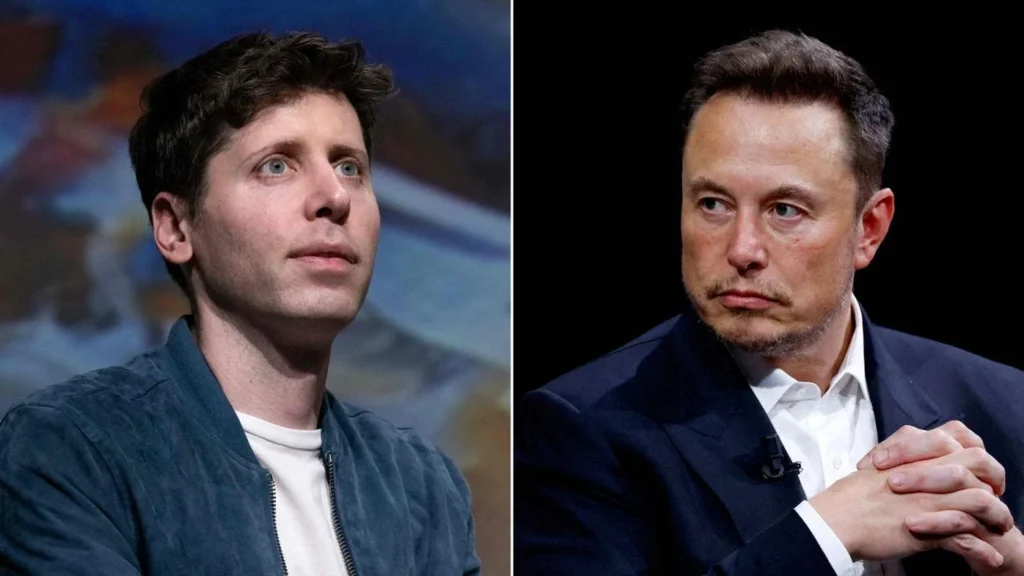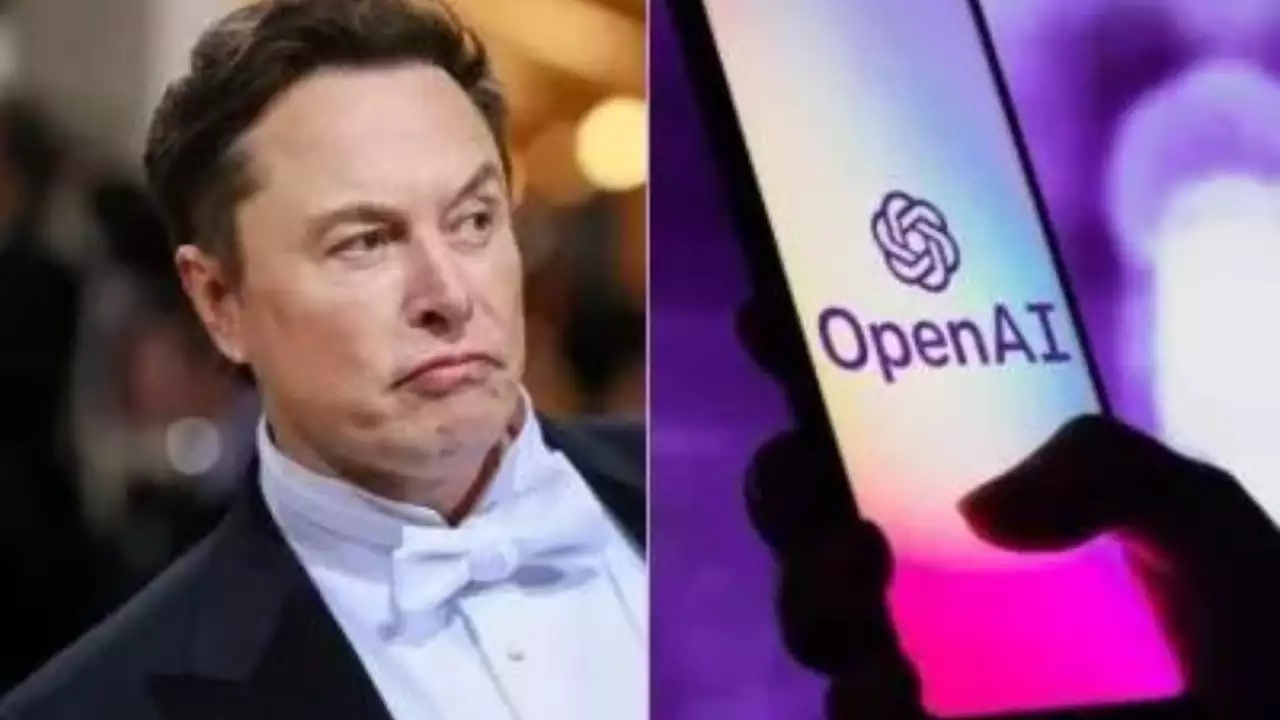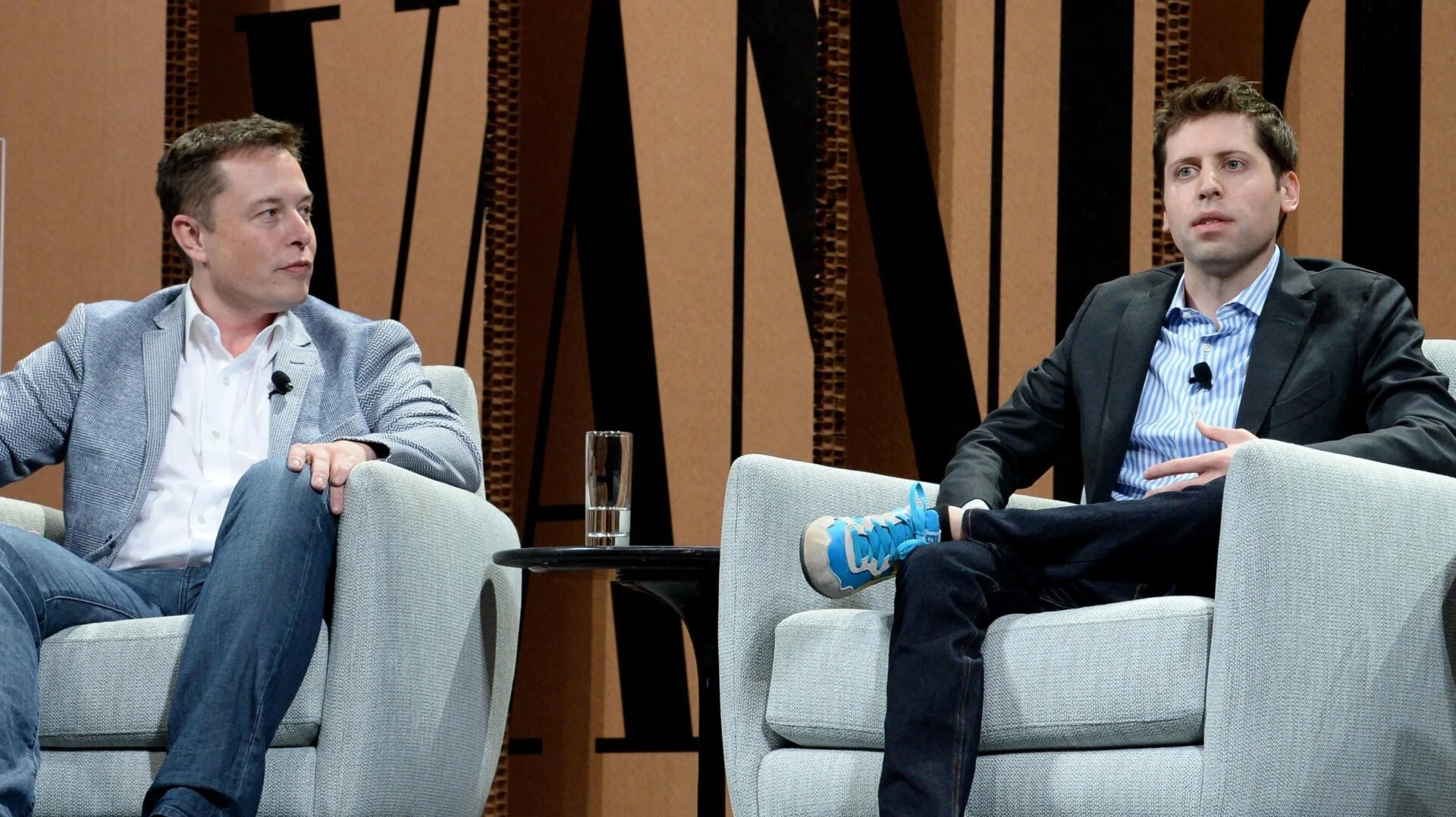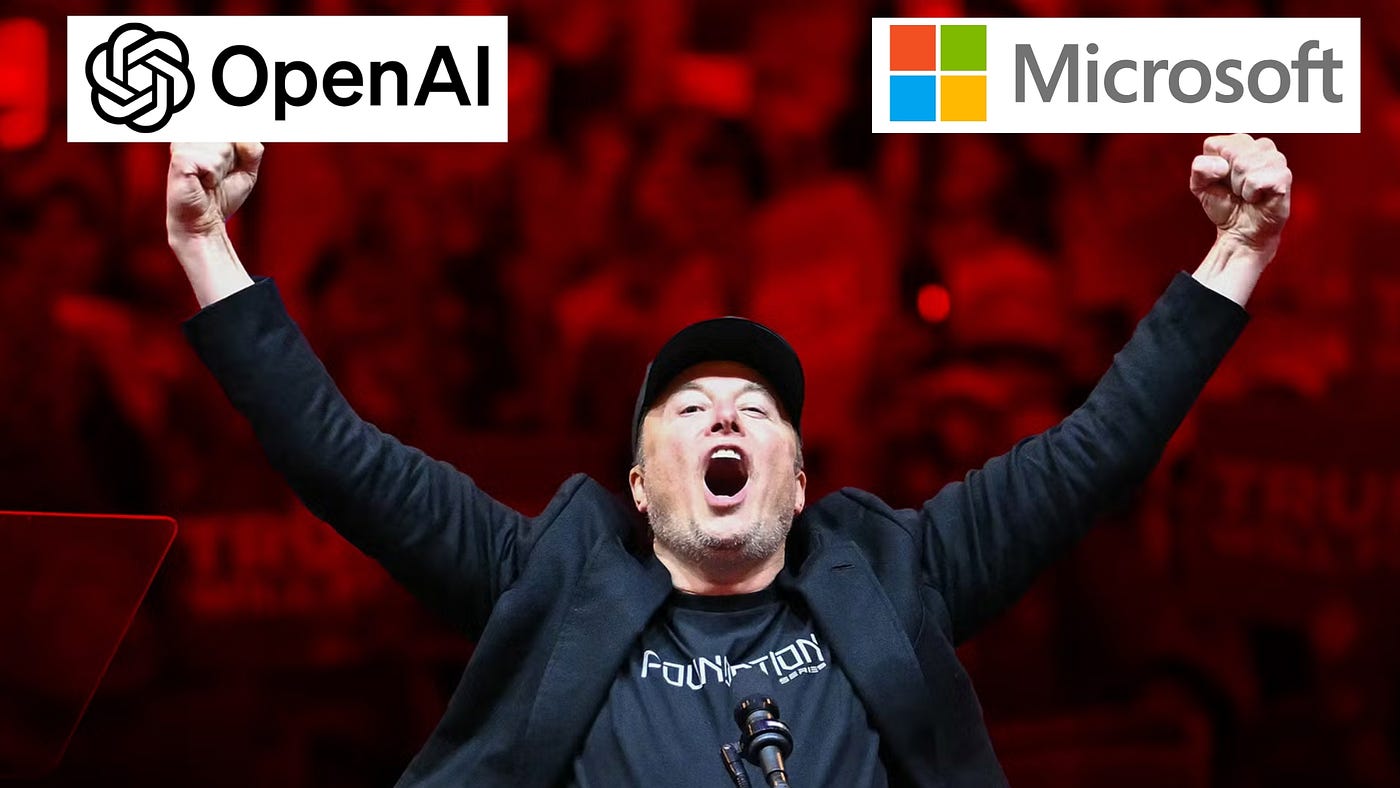
Silicon Valley is often pictured as the epicenter of innovation and high-stakes competition, and nowhere is this more evident than in the fierce battle for top talent among AI giants. Recently disclosed emails from Elon Musk reveal a dramatic chapter in this ongoing saga, focusing on OpenAI’s struggle to secure the best minds in artificial intelligence amidst aggressive counteroffers from Google DeepMind.

The Early Strategy: Attracting the Best to OpenAI
In the formative days of OpenAI, co-founders Elon Musk, Sam Altman, and Greg Brockman faced a significant challenge: competing with Google DeepMind, a leading force in AI research. Elon Musk, a name synonymous with futuristic technologies at companies like SpaceX and Tesla, had clear ambitions for OpenAI. In a candid email, Musk emphasized the urgency of their mission, stating, “Either we get the best people in the world or we will get whipped by Deepmind.”
In response to Google DeepMind’s maneuvers, which reportedly included planning “massive counteroffers” to sway OpenAI’s potential recruits, Sam Altman raised a pivotal question to his colleagues in December 2015. His proposal to boost salaries by $100,000 to $200,000 was a bold move to ensure OpenAI remained competitive. Altman’s concern was palpable as he mentioned DeepMind’s aggressive recruitment tactics at the NIPS conference, illustrating the high-pressure environment of AI development.

Musk’s Vision and OpenAI’s Foundational Goals
OpenAI was established with a lofty and altruistic mission, aiming to advance AI in ways that would benefit humanity as a whole, without the pressure of generating financial returns. This mission was evidently clear from the outset in Musk’s communications. He envisioned OpenAI as a beacon of innovation that could lead AI development towards a safe and beneficial path for humanity.
However, the narrative took a turn when Musk left OpenAI in 2018. His departure, attributed to a potential conflict of interest with Tesla’s AI endeavors, marked the beginning of a more critical stance towards OpenAI’s direction under Altman’s leadership. Musk’s later accusations, highlighted in a lawsuit against Altman and Brockman, suggest a sense of betrayal. He claimed he was deceived into founding the company, which he now views as straying from its original mission.
The Shift from Nonprofit to High Valuation
As OpenAI transitions from a nonprofit entity to a corporation now valued at over $150 billion, the stakes and scrutiny have only intensified. This shift raises questions about the balance between ethical commitments and commercial success in AI. Some of OpenAI’s early members, like Jan Leike, have publicly parted ways with the organization, citing deviations from its core mission.

The disclosed emails not only shed light on the tactical decisions made during OpenAI’s early days but also reflect the broader challenges facing leaders in AI development. The battle for talent between OpenAI and Google DeepMind is more than just a corporate rivalry; it’s a reflection of the intense pressure to lead in a technology that may define the future of humanity. As this landscape continues to evolve, the industry watches closely to see how these titans of technology navigate the intricate balance between innovation, ethics, and corporate strategy in the race to shape the future of AI.
